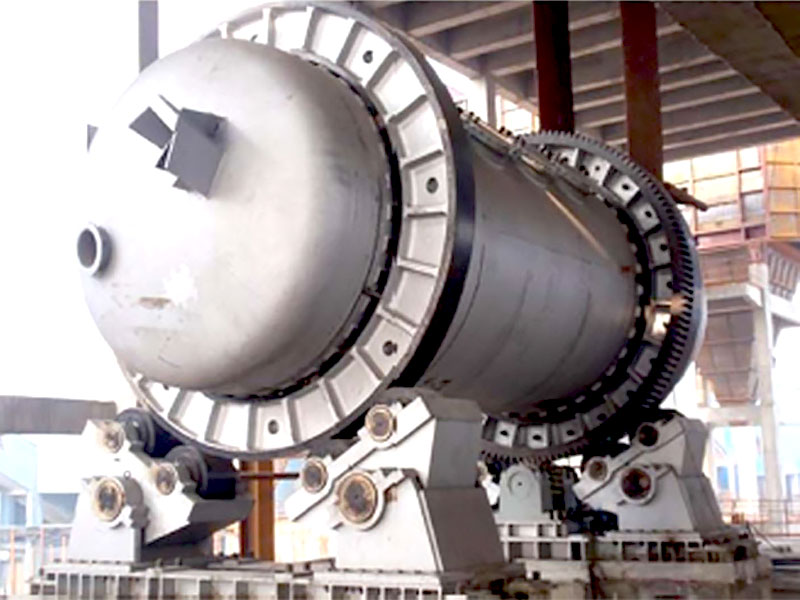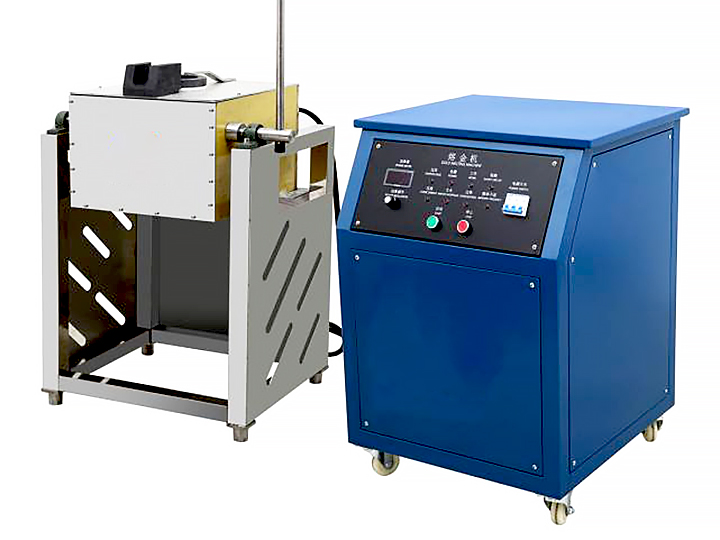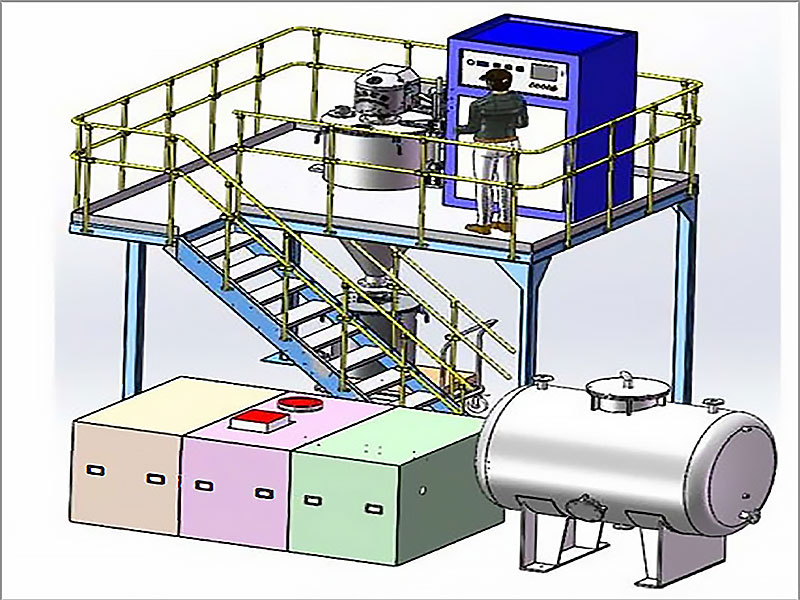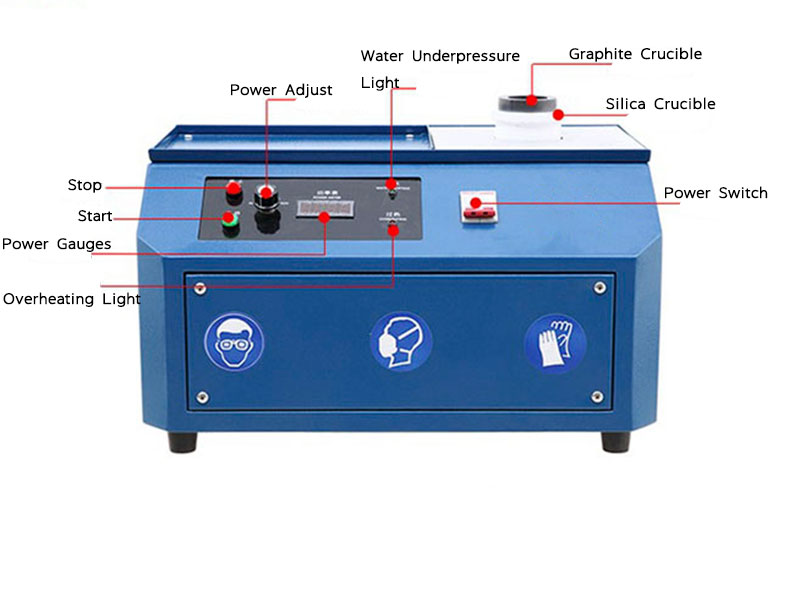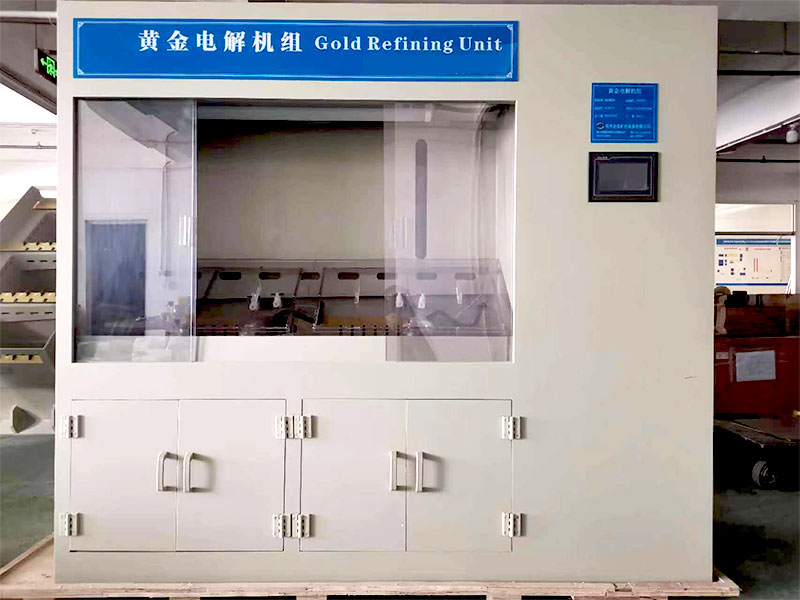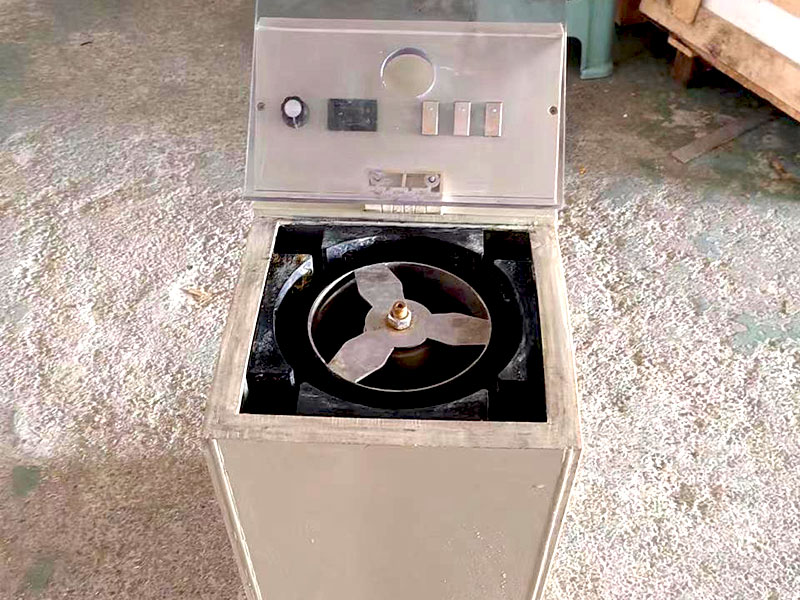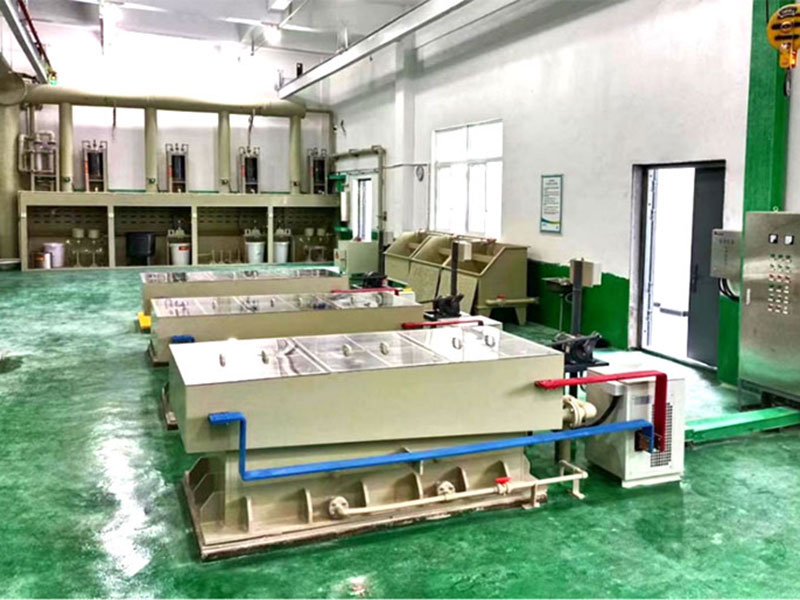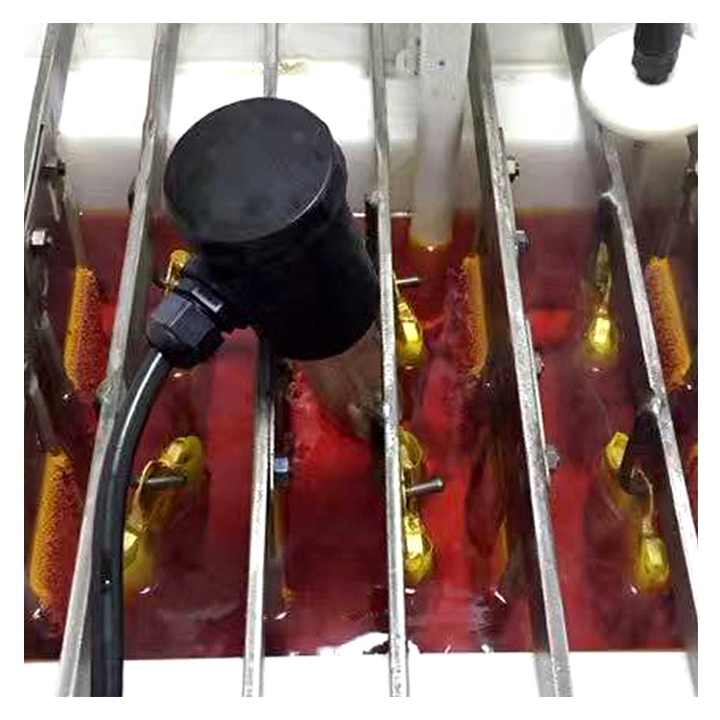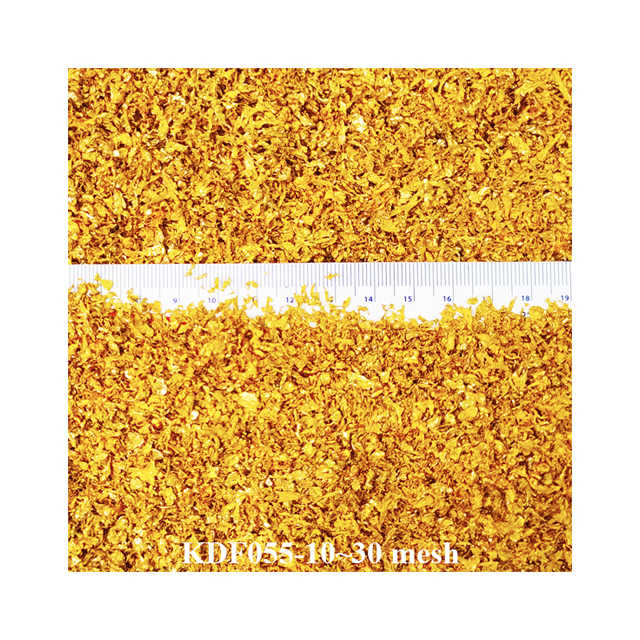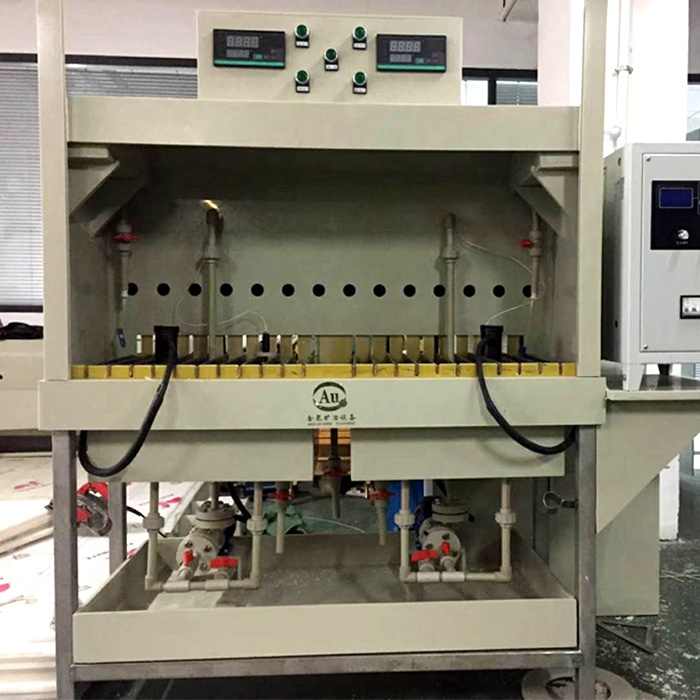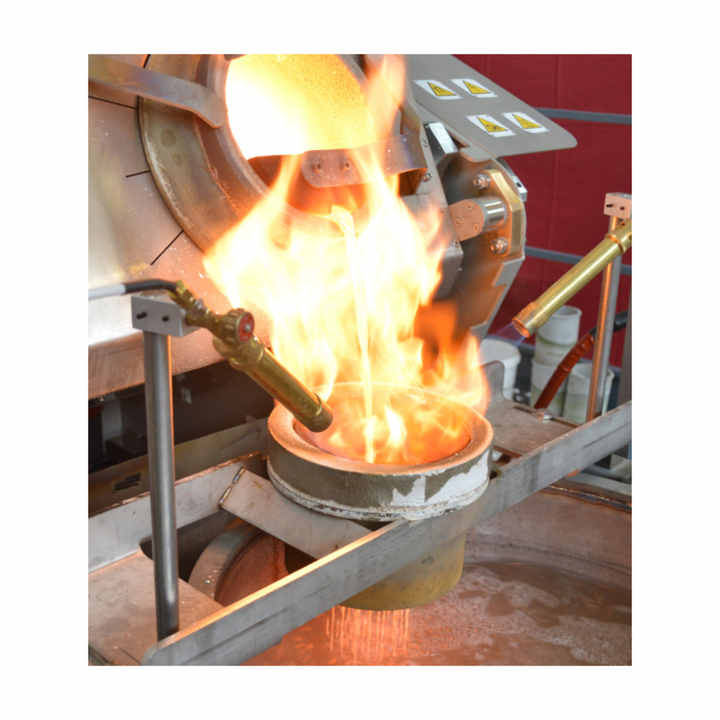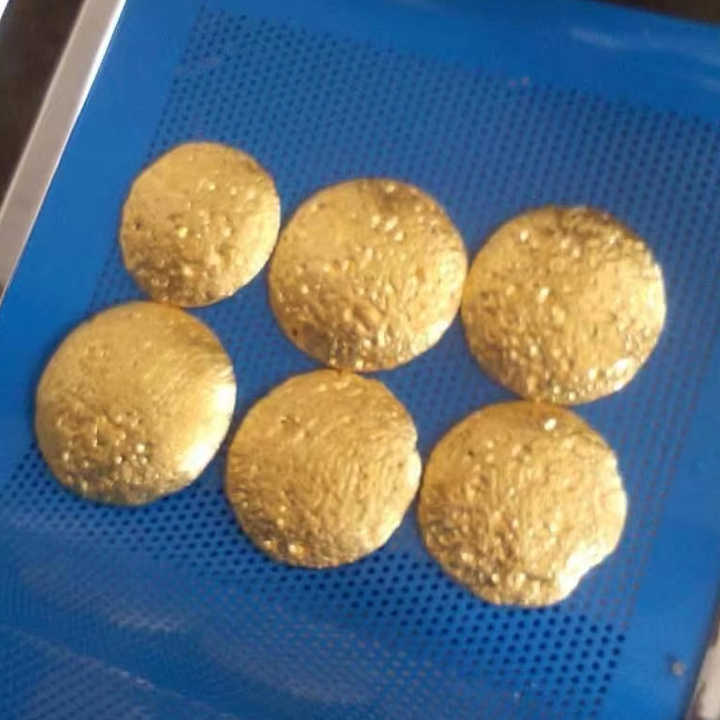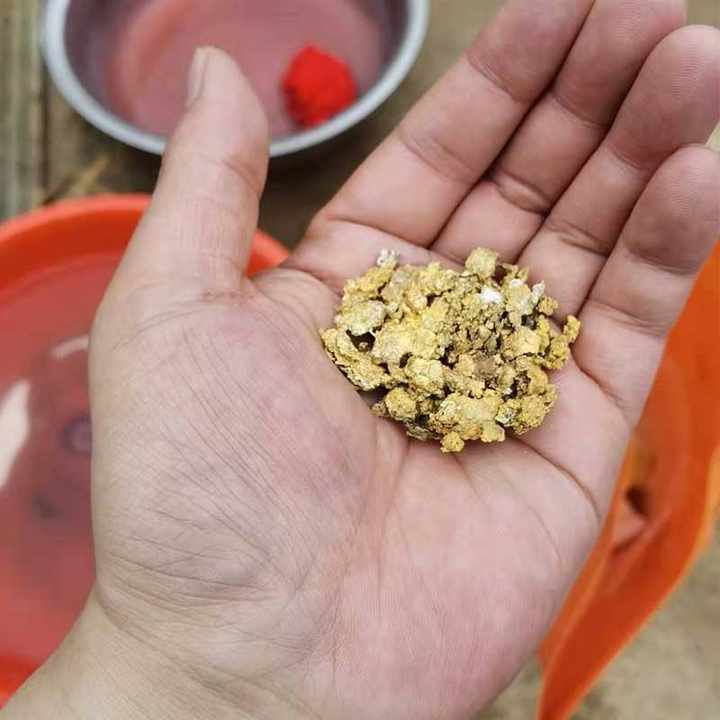which acid is used in purification of gold
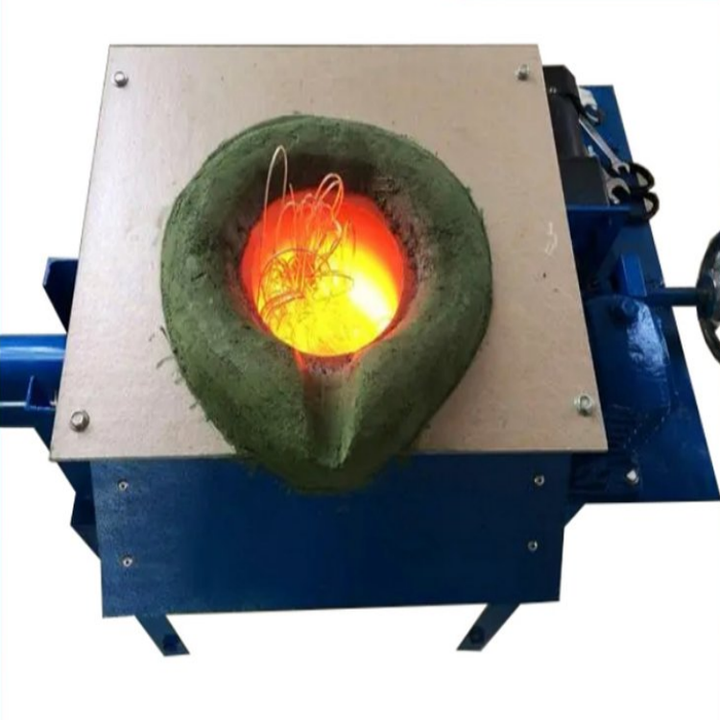

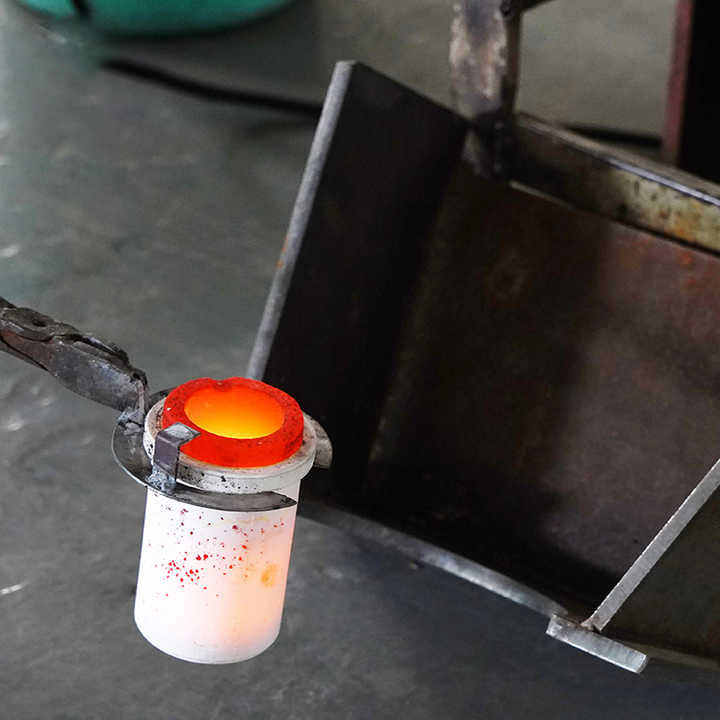
Which Acid Is Used in Purification of Gold?
The process of refining gold requires various methods, but one of the most important questions in this process is which acid is used in purification of gold. In gold purification, acids play a crucial role in dissolving the metal and separating it from impurities, allowing for the production of high-purity gold. Let’s explore the specific acids used in different gold purification methods and how they function in the refining process.
The Role of Acids in Gold Purification
Before answering which acid is used in purification of gold, it’s important to understand why acids are necessary in this process. Gold, while highly resistant to corrosion and oxidation, can still be dissolved by certain acid mixtures. This allows impurities such as silver, copper, and iron to be separated from the gold, leaving behind a more refined product.
Aqua Regia: A Powerful Mixture
When asking which acid is used in purification of gold, the most common answer is aqua regia. Aqua regia is a mixture of two acids: hydrochloric acid (HCl) and nitric acid (HNO₃), typically in a 3:1 ratio. This powerful combination is one of the few solutions capable of dissolving gold.
The name “aqua regia” means “royal water” in Latin, a reference to its ability to dissolve gold, the “king of metals.” Here’s how it works: nitric acid acts as an oxidizing agent, converting gold into its ionic form, while hydrochloric acid provides chloride ions, which form complexes with the dissolved gold ions, making it soluble in solution. The result is a gold chloride solution that can then be further processed to recover pure gold.
Nitric Acid’s Role
Though aqua regia is the most well-known acid mixture, nitric acid also plays a role on its own in certain purification processes. For example, in the parting process, nitric acid is used to separate gold from silver. Silver dissolves readily in nitric acid, forming silver nitrate, while gold remains undissolved. This separation is crucial in the production of high-purity gold.
For those seeking to understand which acid is used in purification of gold, nitric acid is an essential part of many gold refining procedures, particularly when silver is present as a contaminant.
Hydrochloric Acid’s Contribution
Hydrochloric acid (HCl) is another key player in the gold refining process, especially in the formation of aqua regia. On its own, hydrochloric acid is not capable of dissolving gold, but it provides the necessary chloride ions that form stable gold complexes when combined with nitric acid.
This combination makes hydrochloric acid an indispensable component when determining which acid is used in purification of gold. Without the chloride ions from hydrochloric acid, gold would not dissolve effectively in the refining process.
Alternative Acids in Gold Purification
While aqua regia is the most common answer to which acid is used in purification of gold, there are alternative acids and methods used in certain gold refining processes. For instance, sulfuric acid (H₂SO₄) is sometimes used in combination with electrolysis for gold purification. In this process, sulfuric acid is used as the electrolyte in an electrolytic cell, where impure gold acts as the anode, and pure gold is deposited on the cathode.
This method is particularly effective in large-scale industrial operations and can achieve high-purity gold without the use of aqua regia. However, it is less common for small-scale refiners.
The Environmental Impact of Acid Use
The question of which acid is used in purification of gold also brings up environmental considerations. The use of strong acids like aqua regia and nitric acid creates hazardous waste, which must be handled with care to avoid environmental contamination. Modern refiners are increasingly focusing on sustainable methods of purification, which either recycle acids or use alternative, more eco-friendly processes to minimize environmental impact.
While acids are indispensable in gold purification, their disposal and the handling of byproducts remain significant challenges in the industry. Ensuring that acid waste is neutralized and properly disposed of is crucial for responsible refining practices.
So, which acid is used in purification of gold? The answer typically points to aqua regia, a potent mixture of hydrochloric acid and nitric acid, as the most common solution for dissolving and refining gold. However, nitric acid, hydrochloric acid, and even sulfuric acid each play critical roles in various refining techniques. Understanding the function of each acid and the methods they are involved in is essential for anyone involved in the gold refining industry.

